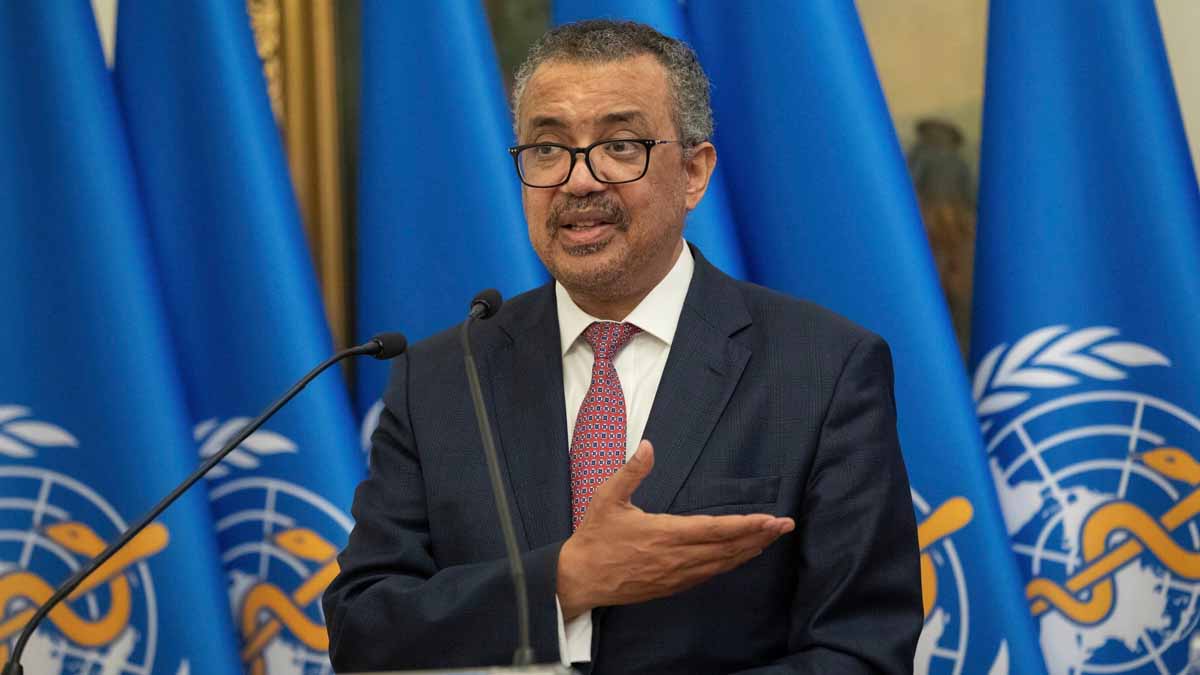
WHO Declares Mpox Surge in Africa a Public Health Emergency of International Concern
The World Health Organization (WHO) has declared the rising cases of mpox in the Democratic Republic of the Congo (DRC) and several other African countries as a Public Health Emergency of International Concern (PHEIC).
This decision was announced by WHO Director-General Dr. Tedros Adhanom Ghebreyesus on the advice of an Emergency Committee composed of independent experts on Wednesday 14th, August 2024. The Committee concluded that the recent surge of mpox, particularly the emergence of a new clade in eastern DRC, poses a significant threat, with the potential for further spread within Africa and beyond.
Dr. Tedros highlighted the gravity of the situation, pointing to the rapid spread of the new mpox clade 1b in the DRC and the increasing number of cases in neighboring countries. He emphasized the need for a coordinated international response to curb the outbreak and save lives. The Director-General will share the Committee’s report and issue temporary recommendations to countries based on their advice.
Dr. Matshidiso Moeti, WHO’s Regional Director for Africa, underscored the ongoing efforts to combat the spread of mpox, noting that WHO is working closely with local communities and governments to reinforce measures aimed at containing the virus. She stressed that with the virus's spread accelerating, it is crucial to scale up international support to bring the outbreaks under control.
Professor Dimie Ogoina, Chair of the Emergency Committee, emphasized that the upsurge of mpox, particularly the new sexually transmissible strain, is an emergency not only for Africa but for the entire globe. He noted that mpox, originally endemic to Africa, was neglected, leading to a global outbreak in 2022. He called for decisive action to prevent a repeat of history.
This is the second time in two years that mpox has been declared a PHEIC. First detected in humans in 1970 in the DRC, mpox is caused by an Orthopoxvirus and is endemic in central and west Africa. The previous PHEIC declaration in July 2022 came after the virus spread rapidly across multiple countries outside of Africa, primarily through sexual contact. That emergency was declared over in May 2023 after a significant decline in global cases.
In the DRC, mpox has been reported for over a decade, with the number of cases rising steadily each year. In 2023, over 15,600 cases and 537 deaths were recorded, with the new clade 1b spreading primarily through sexual networks. In the month of July alone, more than 100 laboratory-confirmed cases of clade 1b have been reported in four neighboring countries: Burundi, Kenya, Rwanda, and Uganda. Experts believe the actual number of cases is higher due to underreporting.
The WHO has initiated the Emergency Use Listing process for mpox vaccines to accelerate vaccine access in lower-income countries, allowing organizations like Gavi and UNICEF to procure vaccines for distribution.
WHO is also working with countries and vaccine manufacturers to secure vaccine donations and ensure equitable access to diagnostics, therapeutics, and other critical tools. The organization has released $1.45 million from its Contingency Fund for Emergencies to support immediate response efforts and anticipates needing an additional $15 million to scale up surveillance, preparedness, and response activities.
Links
- 43 views

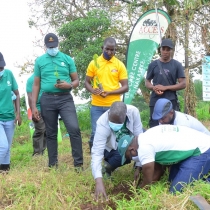





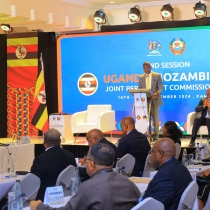
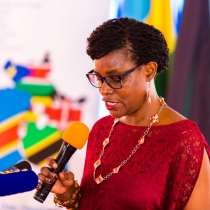






























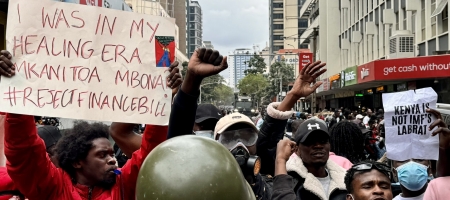




Join the conversation